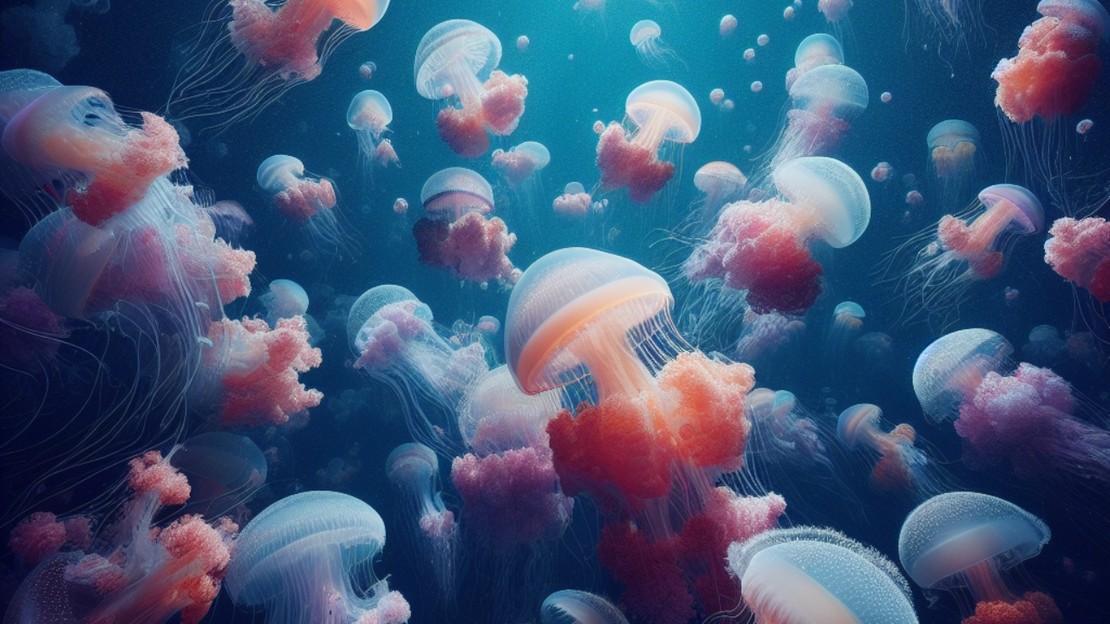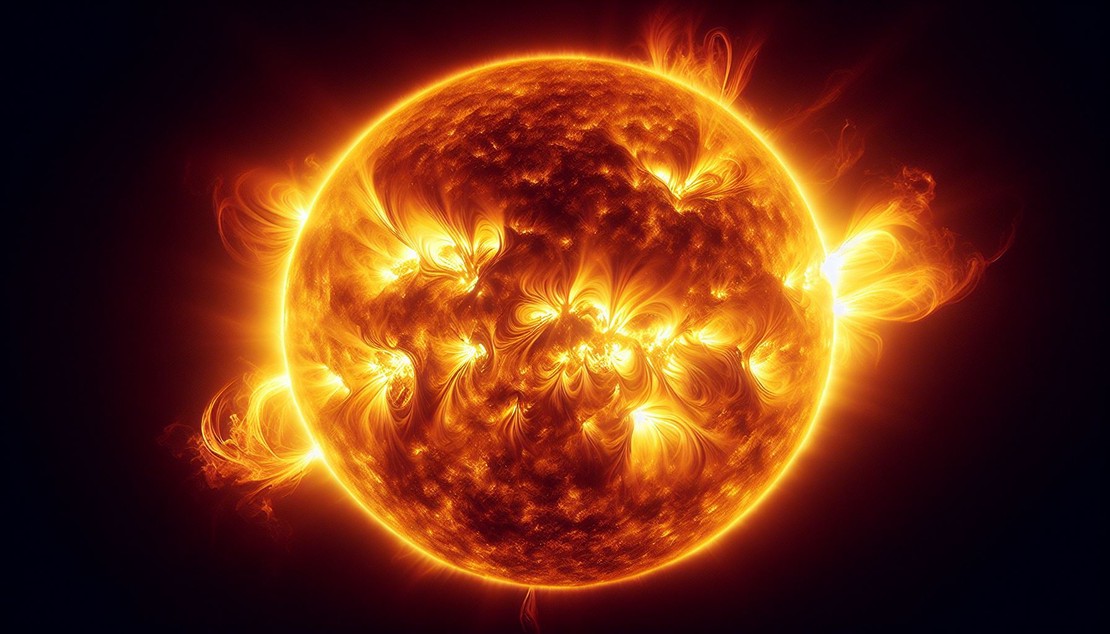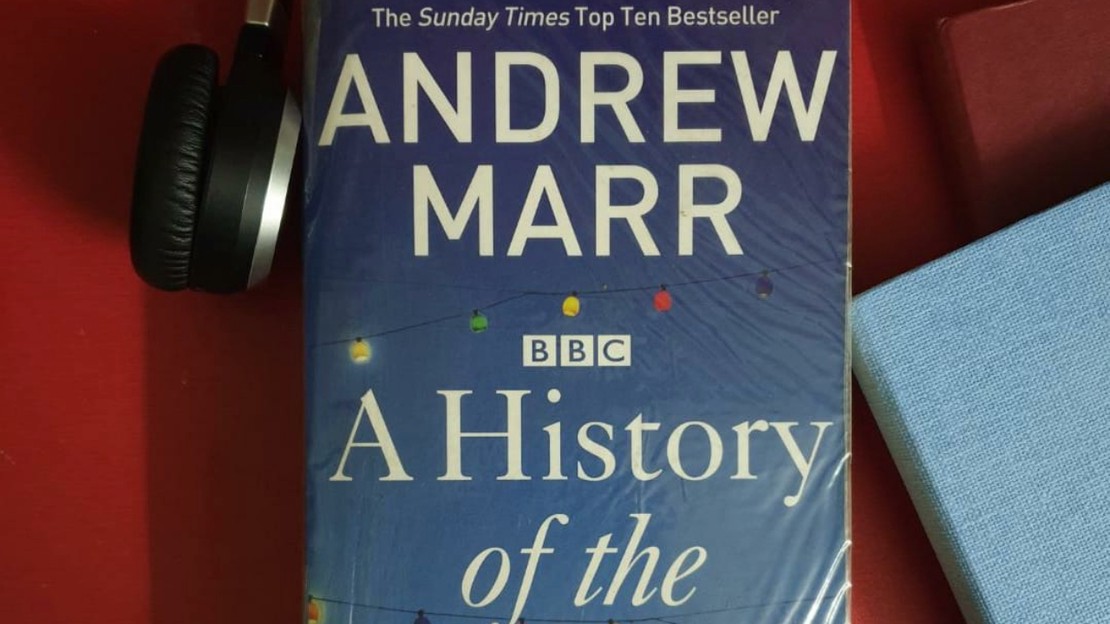
Five things I learnt from: A History of the World
- Shubhankar Nath
- History
- August 28, 2021
I will admit; I was one of those who resented studying history, I found it to be in contempt of my time. But Andrew Marr’s discourse on the subject has changed my perception. For the first time I can acutely picture on what has happened over the times like a chain of stories. Although times have changed but human nature hasn’t. A lot of the problems that we face as a society are not a snowflake. We have done those a lot many times, only if we could learn from our mistakes.
What we learn from history is that we don’t learn from history
Here are my five stranded takebacks form the book. I don’t aim equip you of all the knowledge of history, but just enough to spark disruption in your perception. And fair warning, I tried to cut short but… well, you can scroll and see.
The scale of things
We humans, have a very good understanding of quantity as a concept when things are linear. But we lose our grip when numbers get too high or too low. After a point, the human mind cannot comprehend the addition of zeros, it simply categorizes them as - ‘a huge number’ or ‘very small quantity’. That is how our perception has evolved. Let me attempt to explain something astronomical here. Did you know, that the distance between Earth and moon is 384,400 km ? A lot, right? But how lot? After all we can see the moon, how far can it be? But picture this, the distance is so large that you could fit every planet of our solar system in between the earth and the moon. If that’s too hard on you, just picture this - you will need the distance of six earths put side to side to cover the width of Saturn’s magnificent rings alone, the planet counts more than 700 earths in volume. I kid you not! And that’s not even the largest planet.
Now equipped with the scale of things, let try to construct a timeline (nonlinear) of human history. For most of our history nothing significant has happened, it has been more about surviving, but everything sprouted once we learnt farming.
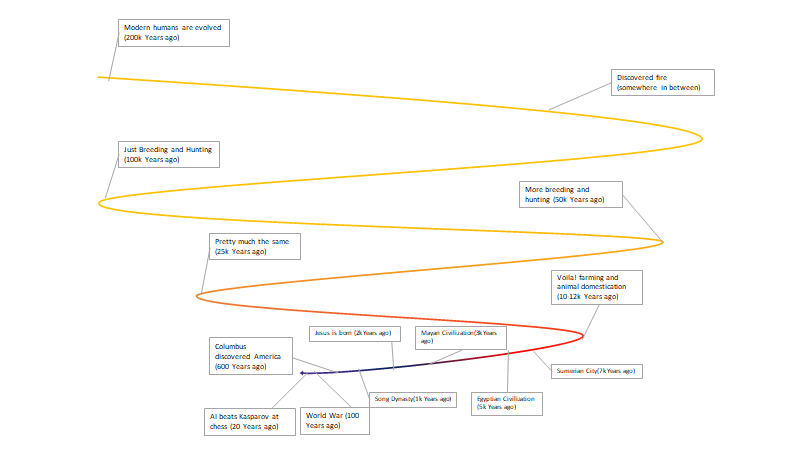
The poorest continent
It is no debate that human race began in Africa, but why so little is discussed about it, and more importantly, why is it so poor?
Let’s start with pre-biblical era, Carthage (Tunisia’s capital) was a ,magnificent city. It had magnificent ports, no less than its other Mediterranean counterparts. It was besieged by the Romans, their greatest enemy. Not only that, Alexander the great has a city named after him in Egypt till date. Mansa Musa of the Mali empire is reputed to be the stupendously wealthiest person to walk the earth. (Adjusted to current inflation rates, it would be three Jeff Bezos-es.) He once (1324 C.E) donated so much gold on hajj that gold prices fell, it was no longer a valuable asset in that region anymore. So then what went wrong?
Africa is too large a continent to be generalized including several ethnic groups, but for the sake of this discussion, we will. Let’s discus colonialization - Every European country had colonies in Africa, it is so rich in oil and minerals. And Europeans bought Germs! Yes, it played a huge part in their success, from the Americas to Australia - they faced a weaker, illness ridden resistance because they were not immune to the germs carried by European colonizers.
From Peru to Bangladesh, all recovered from the abuses of colonialization, but Africa remained struct in the nets of civil wars and corruption. Time and again, new governments were formed in Africa, but they did nothing other than, supersede the previous one, with more scandalous loot. We often disregard the role of politics as - ’ process under the rug ’ but often that is the most powerful way to reform. Even though Africa receives trillions in foreign aid, it has transformed the society into dirty streets and civil remorse. And that is the lesson, freedom must be earned, easy money is also a trap, a rather shiny one.
French Revolution
So this question has always amused me, what is so engrossing about it? After all, revolutions are nothing new.
The 17th and the 18th century remarkably transformed societies in Europe, culturally. People headed more and more towards reason, than religious beliefs, they questioned things, began developing art, literature and philosophies on a much grandeur scale. This era, is thus called Era of Enlightenment. From the Romanovs in Russia to Bourbons in Britain, Absolutism was the most dominant idea. And two of the most powerful nations in Europe (or at least the ego of their absolute Monarchs) Britain and France, were in constant conflict with one another.
“The state? It’s me.” - Louis XIV, Sun King of France
And the cost of all the conflicts were obviously rounded up by the commoners. Britain had its colonies, but France boiled up in inflation. Our dear Louis (and his wife) were born with a silver spoon, too far off poverty, ever to realize that if you take the public to a breaking point, it becomes an anarchy. And so it happened - riots broke up. And couple of significant incidents happened, which I am sure, your 8th standard history book bored you enough for a lifetime. But this and that, it lead to Louis (and later his wife) receive the Guillotine. The news shook entire west, this was a threat not just to a French monarch, but to absolutism itself, a foundation of over a thousand years. The revolutionaries did form some Government but was not stable enough, riots and mutiny were always lurking (like in any leftist scheme, no offence). From ashes of the revolutionaries’ rose a five and a half feet tall, pigtail haired military dictator - Napoleon Bonaparte. And the rest, pun intended - is history.
Even though we merry about great names of reformers and generals here, the quintessence from the French Revolution is - when any society goes through a form of extreme radicalization, be it left or right winged ideas, it is explosive. The French Revolution is so climacteric because of the political idea it gave to the world. Even though we may not see it, but the best society to be in - is in the one where both conservatism and liberal ideas are in a constant tug war of power play, none too powerful to radicalize.
Hitler is overrated
‘Hitler’ is not a mere name, it is a notion. He was influential, considering his height and did set a fire of harming ideologies but he is nearly not as dangerous as everyone thinks. A caution though, the following sentences might sound unempathetic and cold-hearted but we are just trying to set a comparison here.
Joseph Stalin, the soviet counterpart of Hitler, was an extremist politician of Russia. He was responsible for killing far more people than Hitler. Hitler at least considered gas chambers but Stalin sentenced people to Gulags. The written accounts of soviet Gulags were so horrific that if there was Hell anywhere, it was in those concentration camps. It was so cold and remote that people resorted to cannibalism to survive, and since, children were easy catches … you fill in the blanks.
But they are kids before Mao Zedong. From 1958-1962 his Great leap forward killed more than 45 million people. Just to let you know the massiveness of the number, the population of entire Australia currently is 25 million. He is easily the biggest mass murderer in recent history, he did not even waste bullets and gas, most people just starved to death, even with cannibalism. So why haven’t we heard about it much? Because most of them were Chinese peasants, is it of interest to western intellectuals ?
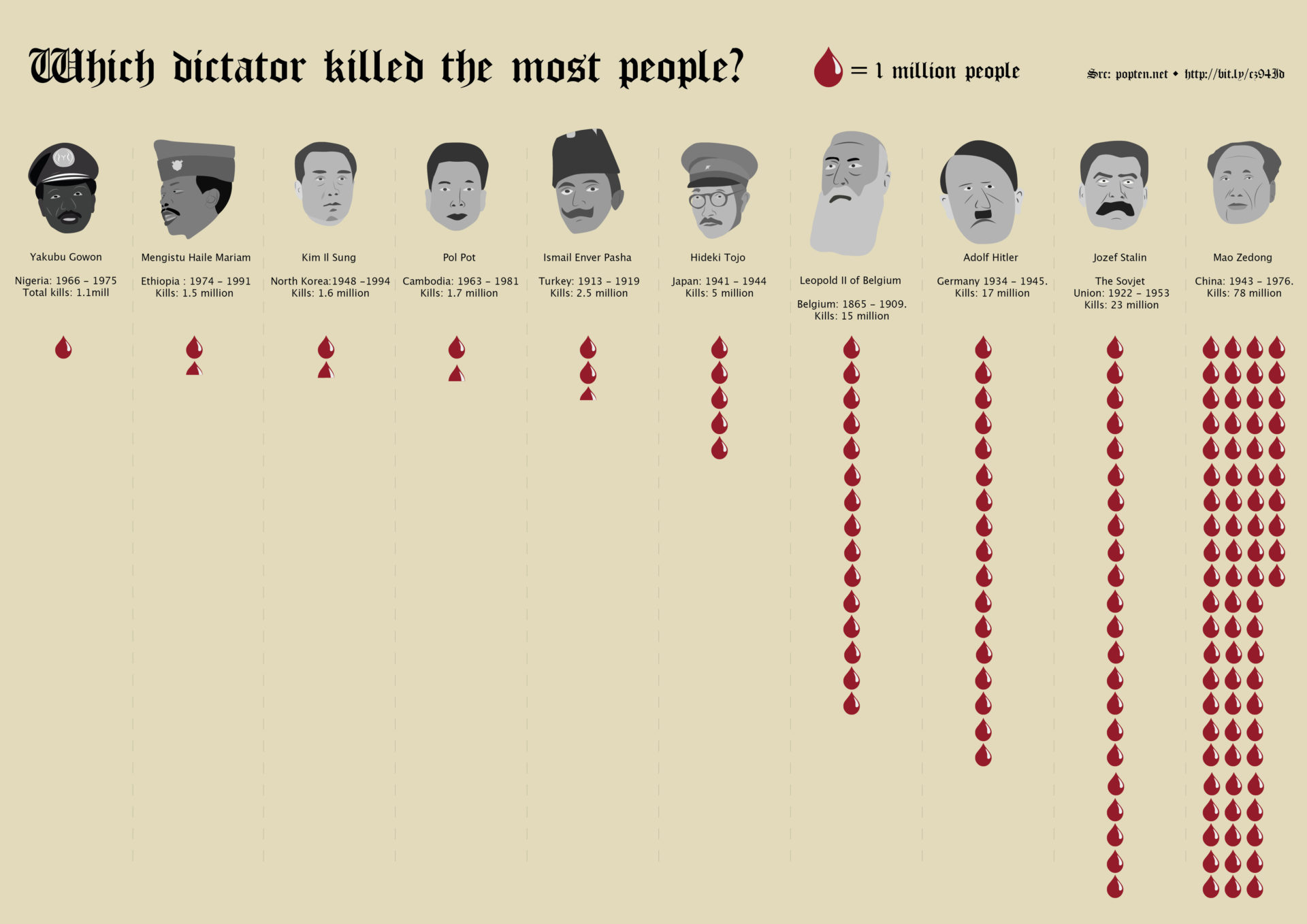
Redemption
Let me amuse you with a tale. The scene is set to Russia in the 1850s. An artillery officer, had lost huge sums of money at gambling tables in St Petersburg. His military career was in doldrums. But in his mind he was young revolutionary, who dreamt of a more modern Russia, less under the thumbs of the Czars. He constantly made plans to reform himself, but soon forgot them in the face of temptations. He was in many respects an aristocrat of his time. But his mounting gambling debts left him with almost no asset. He even had to lose the grand house made by his grandfather - he was just left with a wing of it, broken, gaping from middle, a constant reminder of his embarrassment.
He used his position as a landowner to jump on serf girls. ( ‘Serfs’ unlike ‘slaves’ in the west were not of a different ethnicity, they looked, spoke and sang just like their owners. They maintained the land of their owners and were often abused. ) He raped and sold serfs. Can such a person atone for his sins? Is there really a redemption for such bottoms of human existence?
This is the tale of Leo Tolstoy in his early twenties - world’s greatest-ever novelist. Remorse for gambling, shame from misbehaving with serfs and inspiration from the ‘Decembrists’ in Russia all fused in his mind. In his later life he grew beard and dressed in peasant smock. He discarded the city life for his country home in Yasnaya Polyana. He called for Russians to discover their peasant roots, hold Christian virtues and return to simpler lives. He freed all his peasants and tried to educate them. He even wrote many children’s books. He tried to farm his own land but was awful at it, often starving his own pigs. By the late 1870’s he was talking of becoming a monk. Artists and writers came to pay homage to this apparent secular saint. Part of the power of his writing come from the ruthless exposure of his own addictions and selfishness.
So I ask again, is redemption there for everyone? His life story though looks like a satisfying arc of learning and redemption, which his Russia never managed. His country home in Russia still remain a monument to a lost Eden, with plain walls, orchards, schoolhouse, granaries and woodland. Tolstoy lies there buried in a simple earth mound.

